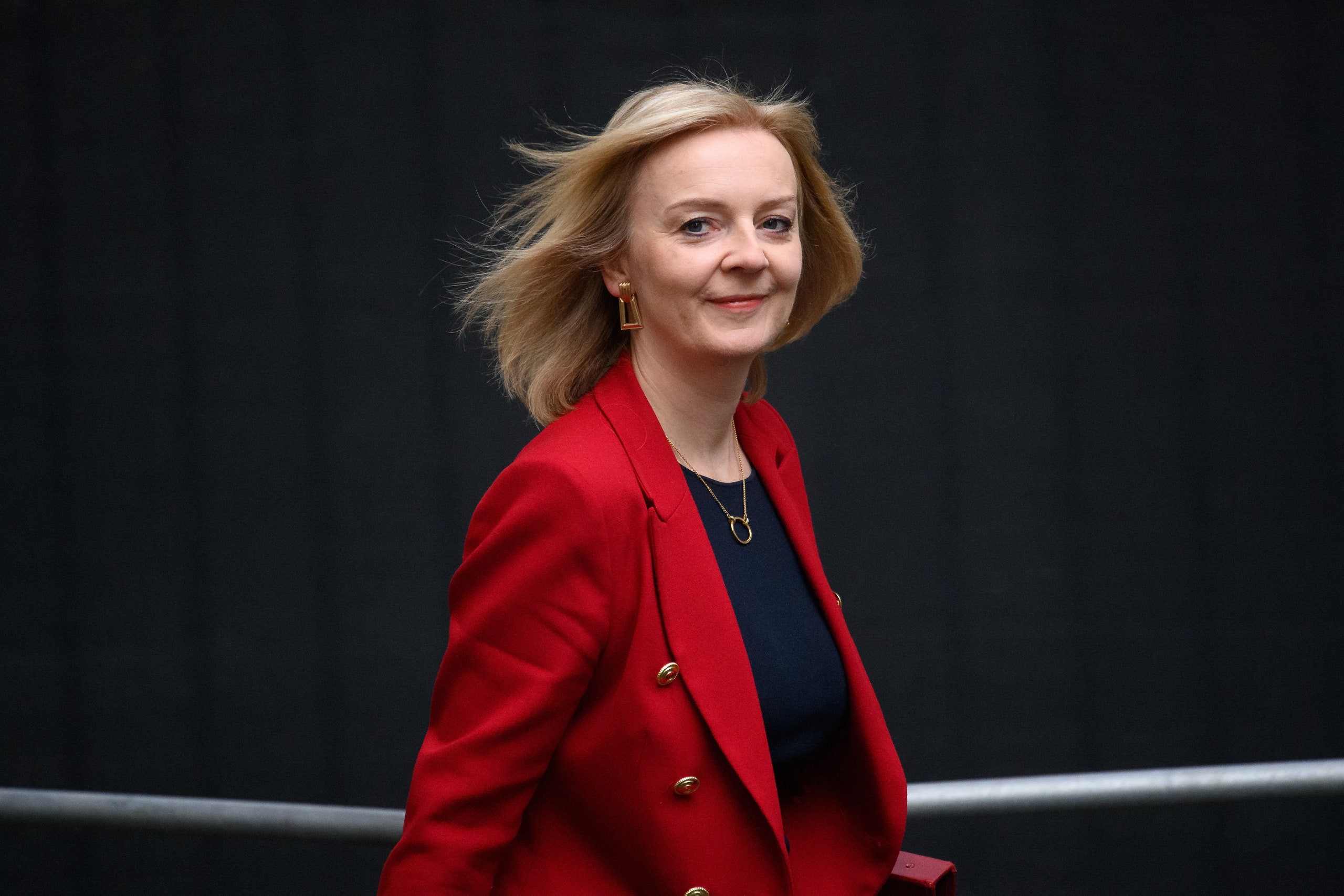Following an eight-week tussle for the position, Liz Truss has officially become the U.K.’s new prime minister after a leadership contest triggered by Boris Johnson’s resignation in early July. On Monday, the results of the Conservative Party contest were released, with Truss—who has played a senior role in the administrations of the past three Tory leaders and was most recently foreign secretary under Johnson—emerging victorious over Rishi Sunak, who was previously Johnson’s highest-ranking finance minister as chancellor.
Today, Truss traveled to Balmoral to meet the Queen, who traditionally appoints each British prime minister in a brief ceremony that is now mostly a formality. Still, over her 70-year reign (and meetings with 15 prime ministers, including Truss), this marks the first one held outside of Buckingham Palace. Due to the monarch’s ongoing health issues, it was decided it would be more convenient for the country’s new political leader to travel to the Queen’s summer estate in Scotland.
After that visit, Truss will become both the country’s third prime minister in three years and the third female prime minister in history. The latter legacy is more than just a statistic: Truss has closely modeled her leadership campaign on Margaret Thatcher’s, hoping to cast herself—with questionable success—in the mold of Thatcher and her totemic status in right-wing British society, whether through an enthusiastic embrace of free markets and low taxes, or a steely approach to foreign policy.
Truss’s victory came not via a general election but instead an internal ballot cast by Conservative Party members, and she will inherit a country in a state of emergency, whose deep divisions are only set to widen as the various crises facing it escalate. Energy prices are due to soar this coming winter, likely plunging millions of homes into poverty, forcing businesses to shutter, and causing thousands of cold-weather deaths, while ongoing widespread strikes and industrial actions—intended to combat the disconnect between rampant inflation and stagnant pay—are similarly pressing.
Truss had previously refused to commit to extra help for families struggling with energy bills, but she is now expected to reverse tack, offering a freeze ahead of the steep rises anticipated in October. The big question remaining, however, is how that will be funded; many expect Truss to allow energy firms to continue to profit off the surge in price and to offset the costs of her plan through private government borrowing, while continuing her tax-cut plan that will predominantly benefit the country’s wealthiest (an approach she controversially described last week as “fair”).
Today’s decision will only continue to stoke controversy around the Conservative Party’s tenuous hold on leadership in the U.K. since the calamitous end of Johnson’s government. Crashing out of office after becoming mired in scandal, Johnson claimed to be a “booster rocket” for the country during his exit speech at 10 Downing Street today. Angela Rayner, the Labour deputy leader, described the speech as “completely deluded.”
In Truss’s inaugural speech as prime minister, she outlined her immediate priorities as addressing the energy crisis; tackling the lengthy backlog of wait lists for everything from routine doctor’s appointments to lifesaving surgeries within the country’s National Health Service; and, of course, her pet cause: tax cuts. “Our country was built by people who get things done,” she said from a lectern outside Downing Street, which was temporarily covered by a garbage bag to protect it from the thunderstorm that descended over London today.
“We have huge reserves of talents of energy and determination. I am confident that together we can ride out the storm,” she continued. “We can rebuild our economy, and we can become the modern brilliant Britain that I know we can be.”

